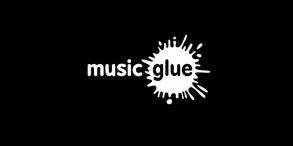 The U.S. Department of Justice struck a major blow Wednesday to U.S. music publishers and performing rights organizations.
The U.S. Department of Justice struck a major blow Wednesday to U.S. music publishers and performing rights organizations.
A nearly two-year process to amend the consent decree so that music publishers would have the right to withdraw digital licensing from the blanket licenses offered by ASCAP and BMI — the two performing rights organizations operating under a DOJ consent decree since 1941 — has ended with no changes to the consent degree, much to the chagrin of major publishers like Sony/ATV, Universal Music Publishing Group and BMG.
Source: Department Of Justice To Deny Consent Decree Amendment | Billboard






 Last week’s
Last week’s  Google Search and Google Play Music are diving more deeply into song lyrics via a deal with LyricFind. Lyrics as an add-on have been getting attention lately. Apple Music is adding them. Spotify offered lyrics and recently dropped them, but insists their coming back.
Google Search and Google Play Music are diving more deeply into song lyrics via a deal with LyricFind. Lyrics as an add-on have been getting attention lately. Apple Music is adding them. Spotify offered lyrics and recently dropped them, but insists their coming back.
